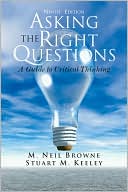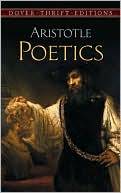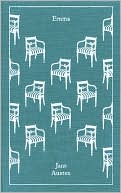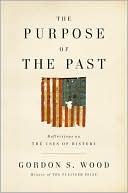In the Margins of Deconstruction
The book offers a reading of Levinas and Derrida against the backdrop of 19th and 20th century philosophy (Hermann Cohen, Franz Rosenzweig) and Phenomenology (Husserl, Schutz). Based on Cohen's ethics of correlation the book demonstrates how far it is possible to read Levinas and Derrida as constructing similar approaches to ethics. In contrast with other books, this one not only asserts that deconstruction is concerned with ethics but it casts this claim in a Jewish/phenomenological...
Search in google:
This reprint of the 1998 work by the same title, explores the connections and divisions between Levinas and Derrida as ethical thinkers. Srajek, who holds a PhD in religion and an MSW, analyzes the themes of text, the absolute, agency, and community for each thinker, investigating the sociological context for these philosophers' concerns about the political and social problems of their culture. He argues that in each case "autobiographical margins" exist to contain their texts. Annotation c. Book News, Inc., Portland, ORBooknewsRather than comparing the two modern thinkers, Srajek (philosophy, U. of Illinois-Urbana-Champaign) offers a reading of them against the backdrop of the philosophy of Hermann Cohen and Franz Rosenzweig and the phenomenology of Husserl and Shutz. He argues that they take similar approaches to ethics, and casts the claim in a Jewish and phenomenological framework to show what the sources of such an ethics might be. Among his perspectives are the absolute and infinite ethics, Judaism as the matrix between Levinas and Derrida, the phenomenology of the face, pure presence and the task of translation, apocalypse, differentiality and negativity, and Khora and minimal community. Annotation c. by Book News, Inc., Portland, Or.
AcknowledgmentsIntroduction1Ch. 1The Text: Reading and Revelation24Ch. 2The Absolute: Cohen, Rosenzweig, Levinas: Infinite Ethics51Ch. 3Agency: Judaism as the Matrix Between Levinas and Derrida84Ch. 4Community: Phenomenology of the Face103Ch. 5Transition132Ch. 6The Text: Pure Presence and the Task of Translation142Ch. 7The Absolute: Apocalypse: Epistemological Exile vis-a-vis Truth171Ch. 8Agency: Differentiality and Negativity197Ch. 9Community: Difference as Messianism, Khora, and Minimal Community230Conclusion262Bibliography271Index280
\ BooknewsRather than comparing the two modern thinkers, Srajek (philosophy, U. of Illinois-Urbana-Champaign) offers a reading of them against the backdrop of the philosophy of Hermann Cohen and Franz Rosenzweig and the phenomenology of Husserl and Shutz. He argues that they take similar approaches to ethics, and casts the claim in a Jewish and phenomenological framework to show what the sources of such an ethics might be. Among his perspectives are the absolute and infinite ethics, Judaism as the matrix between Levinas and Derrida, the phenomenology of the face, pure presence and the task of translation, apocalypse, differentiality and negativity, and Khora and minimal community. Annotation c. by Book News, Inc., Portland, Or.\ \








